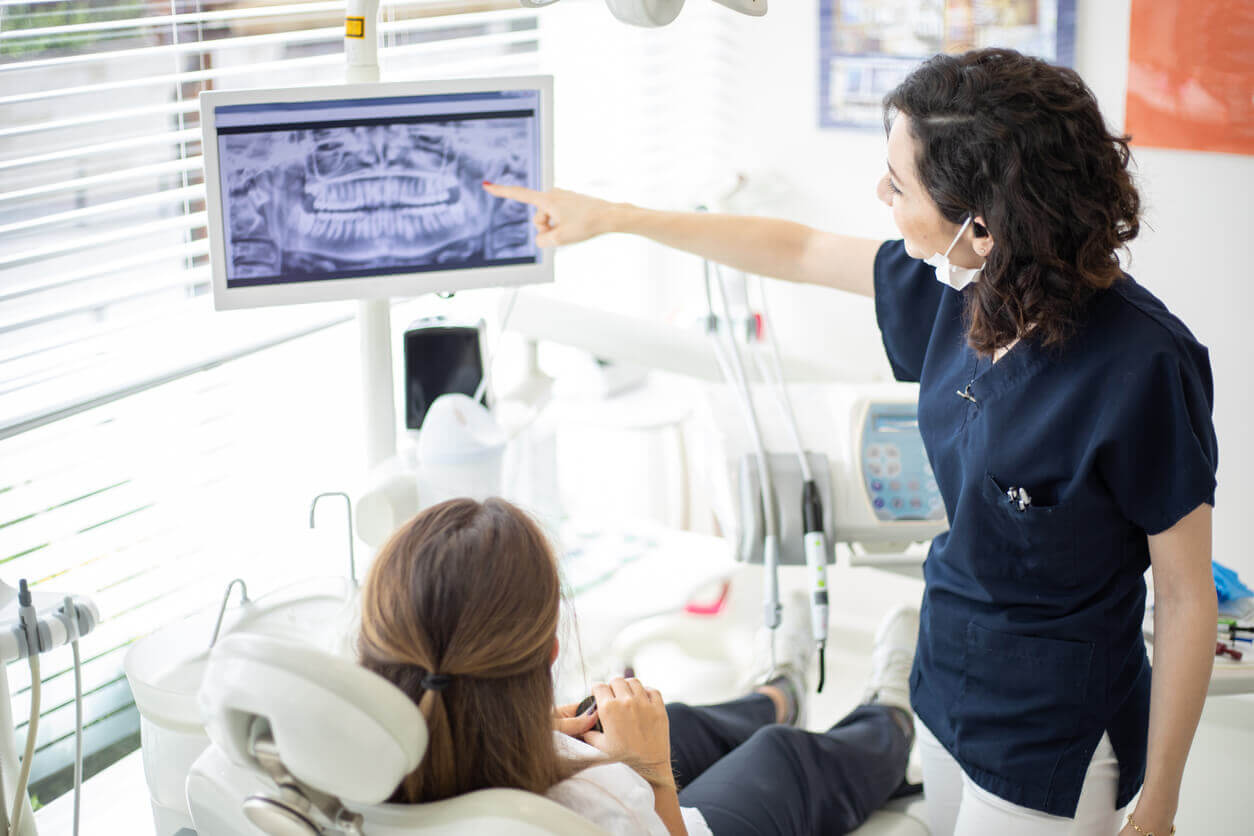If you have suffered the pain and difficulty associated with root resorption as a result of orthodontic treatment, Dental & Podiatry Malpractice Lawyers of New York is eager to help you obtain the compensation you deserve. Lance Ehrenberg, Esq., one of our two lead attorneys, specializes in dental malpractice and has comprehensive knowledge of this field.
Moreover, he has sharp litigation strategies and keeps current with all New York malpractice law. This is significant since we work exclusively with New York cases and malpractice statutes differ from state to state.
Also, our well-respected law practice will charge you no initial consultation fee to find out whether you have a viable case, and you will owe us no attorneys’ fees until we win. Most important, Lance Ehrenberg’s fine track record of successful outcomes provides you with the best possible chance of winning damages.
What is root resorption?
In children, root resorption occurs naturally when baby teeth fall out to make way for permanent teeth. In adults, however, the term refers to a painful disintegration of the roots of the affected teeth. Left undiagnosed and/or untreated, root resorption leaves teeth unanchored to the bone. At first, they loosen and then, if strong reparative measures aren’t taken, they fall out.
What causes root resorption?
Although much is unknown about root resorption among adults, two factors have been linked to the condition:
- Undergoing orthodontic procedures
- Having an autoimmune disease or condition
As a matter of fact, root resorption is much more common among adults undergoing orthodontic work (presumably because movement of the teeth is involved). For those with autoimmune disorders, the risk of resorption is generally far greater when the patient’s teeth move for any reason.
How Your Orthodontist May Have Caused Your Root Resorption
Although orthodontic malpractice is not always the underlying cause of resorption in adults with braces, it often is. Because your orthodontist owes you a duty of care, he or she has a responsibility to:
- Determine whether you have an underlying autoimmune disease or are otherwise immunosuppressed (e.g. undergoing chemotherapy)
- Make certain that, if you are immunocompromised, you undergo X-rays after 3 to 6 months in braces to monitor root resorption
- Detect any symptoms of tooth mobility whether or not you are immunosuppressed
If an alteration in root structure is noted, your orthodontist should follow proper protocol by interrupting orthodontic treatment for a few months before replacing your braces. If this is not done, it is likely that your teeth will become increasingly mobile or fall out.
We may be able to win a dental malpractice case against your orthodontist if he/she has:
- Failed to ascertain your autoimmune status before beginning orthodontia
- Failed to separate teeth that are touching
- Plunged into the project of fitting you with braces without extreme care
- Failed to detect an incipient problem with tooth mobility, regardless of your immune status
- Failed to administer X-rays* to see if resorption is the cause of your tooth mobility
- Detected resorption but taken no reparative steps to remedy the situation
*Panoramic radiographs are considered most accurate for this purpose
You should be aware that your orthodontist’s negligence (improper or careless dental treatment) is defined as not meeting the standards of a reasonably competent dentist acting in the same or similar circumstances. Also, it is not sufficient for your orthodontist to have made serious errors in your treatment. In order for us to successfully litigate your case, the dentist’s mistreatment must have resulted in serious personal injury. Dental malpractice cases are complicated and challenging to litigate. This is why it’s critical to have an experienced, highly skilled dental malpractice attorney in your corner.
Symptoms of Root Resorption
Symptoms of root resorption may include:
- Tooth discoloration (dark or pink)
- Pain from the root, crown, or interior of the tooth
- Loose or wiggly tooth or teeth
- Difficulty chewing on the affected area
- Red, swollen gums
- Abnormal spacing between teeth
- Teeth that are brittle and chip easily.
- Holes in the teeth
- Loss of teeth
If you are experiencing any or all of these consequences of negligent orthodontic treatment, your quality of life will definitely be affected — in terms of pain, the necessity for further dental treatment, marred facial appearance, inability to eat with ease, and emotional distress. Your ability to speak clearly may even be affected.
How Dental & Podiatry Malpractice of New York Can Help You Recover Damages
Lance Ehrenberg knows all too well how much suffering dental negligence or recklessness can cause. He will assist you by holding your orthodontist accountable. He will fight hard to win you compensation for your pain and suffering, disfigurement, difficulties with speech and/or chewing, and all medical and dental costs resulting from the harm you have suffered.


